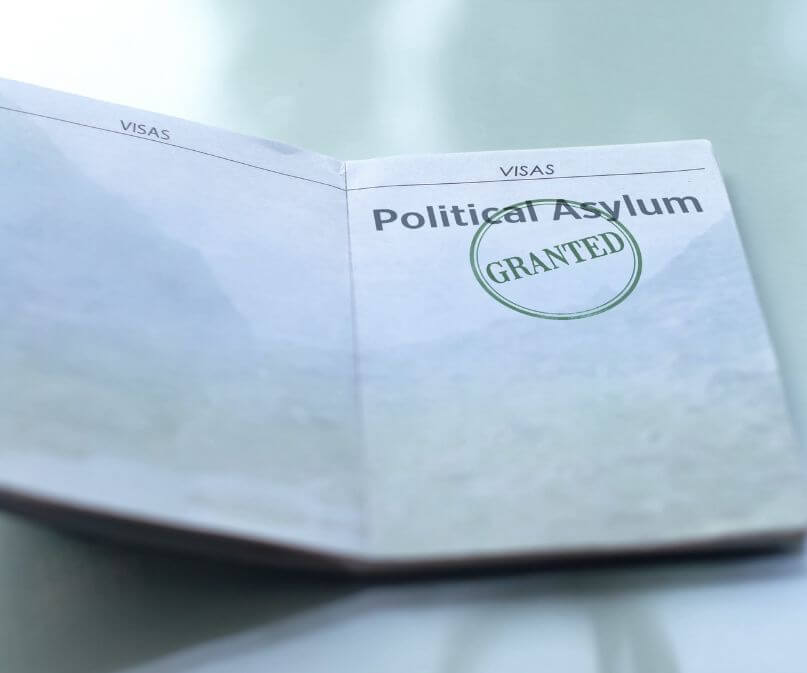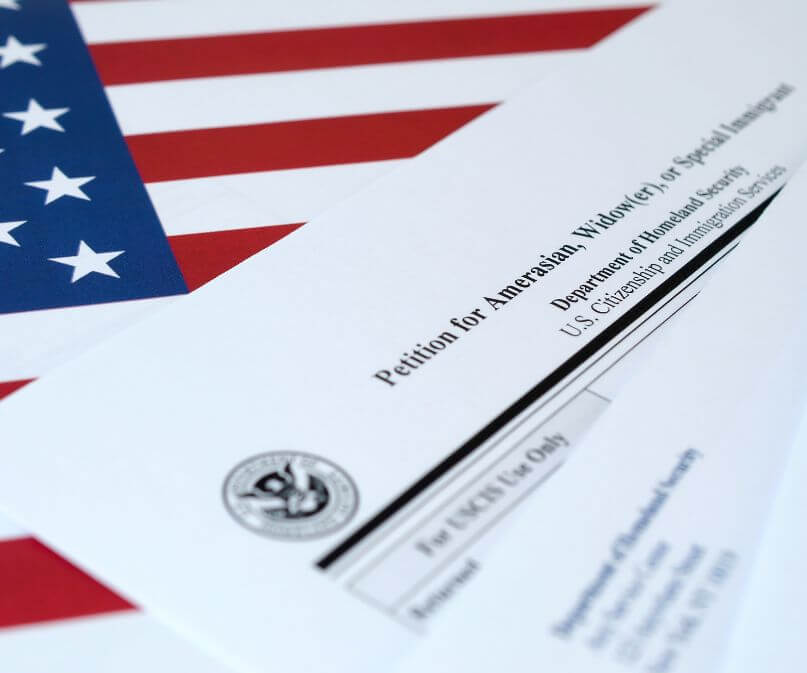Obtaining a R-1 visa to come to the United States as a religious worker can involve a difficult process….


Obtaining a R-1 visa to come to the United States as a religious worker can involve a difficult process….

Under the Immigration and Nationality Act (INA), restriction on removal must be granted to individuals who qualify, ensuring they are not deported to a country where their life or freedom would be threatened based on factors such as race, religion, nationality, social group membership, or political opinion.

Individuals from around the world seek entry into the United States to escape unstable or perilous circumstances.

The United States has created the E-1 visa through treaties with various countries to facilitate citizens of those nations in engaging in international trade activities.

The process of becoming a Green Card holder (permanent resident) varies by category and your current residence, whether inside or outside the United States.

These steps for filing jointly as a married couple should be considered as a general guideline, not as specific requirements for any particular case.

To address inadmissibility issues and seek a waiver for certain grounds, individuals applying for immigrant visas, adjustment of status, specific nonimmigrant statuses, or other immigration benefits in the United States must submit this form.

The Office of Immigration Litigation manages all civil immigration litigation, including affirmative and defensive cases, and coordinates national immigration matters in federal district courts and circuit courts of appeals.

U.S. immigration law offers three visa options for crime victims to remain in or enter the U.S. to aid in law enforcement efforts or testify.
